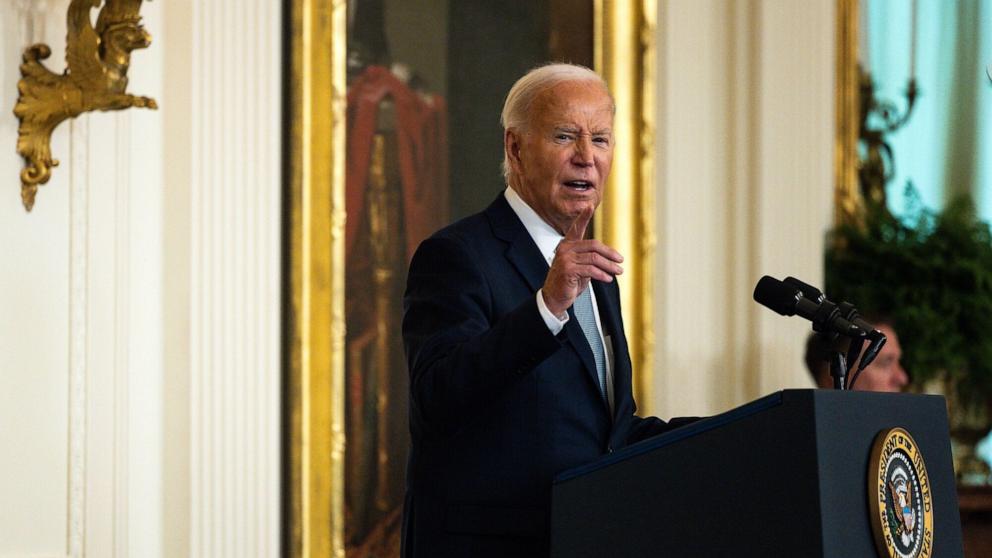Over 780,000 Sudanese and Chadians have fled Darfur and gathered at the 32 entry points in eastern Chad. Chad is the most affected country by the crisis in Sudan, with 45.7% of Sudanese refugees and thousands of new arrivals every week. These refugees live in numerous formal and informal camps in 11 health districts across Ennedi East, Ouaddaï, Sila, and Wadi-Fira provinces.
The camps are facing a critical health situation due to difficult physical access and limited human and material resources. Malaria, acute respiratory infections, malnutrition, and watery diarrhea remain the most common illnesses among the refugees. The situation is further exacerbated by epidemics of dengue fever, measles, chickenpox, and hepatitis E.
In recent days, there have been reports of new fighting in Sudan that could result in new arrivals at entry points such as Tiné and Birak in Wadi Fira province. As the rainy season approaches within two months’ time, the health situation will be a significant concern due to torrential rains (Ouadi), which make it challenging to move around due to temporary watercourses.
The World Health Organization (WHO) has expressed concerns about its ability to provide a coordinated health response to public health events that may occur in these areas due to limited access to certain sites during the rainy season. To address this issue, pre-positioning of health kits will take place before the rains arrive to ensure adequate resources for emergencies.
In summary, over 780,000 people have fled Darfur and converged on entry points in eastern Chad amid ongoing fighting between Sudanese forces and rebel groups. The refugee crisis has resulted in significant challenges for healthcare services as access is disrupted due to physical barriers and limited resources. The WHO has expressed concerns about its ability to provide a coordinated response during the upcoming rainy season but has taken steps to pre-position healthcare kits for emergencies.
The escalating conflict continues to create an unstable environment for those seeking refuge from violence and displacement. It is crucial that international organizations work together with governments on both sides of the border to address the root causes of this crisis and find long-term solutions that prioritize peace and security for all parties involved.
Despite these challenges, there are countless individuals who are working tirelessly on both sides of the border to support those fleeing violence and displacement. They include humanitarian organizations such as MSF-F PUI ICRC UN deployed by WHO who have been providing medical assistance and supporting refugees with basic needs such as food, shelter



